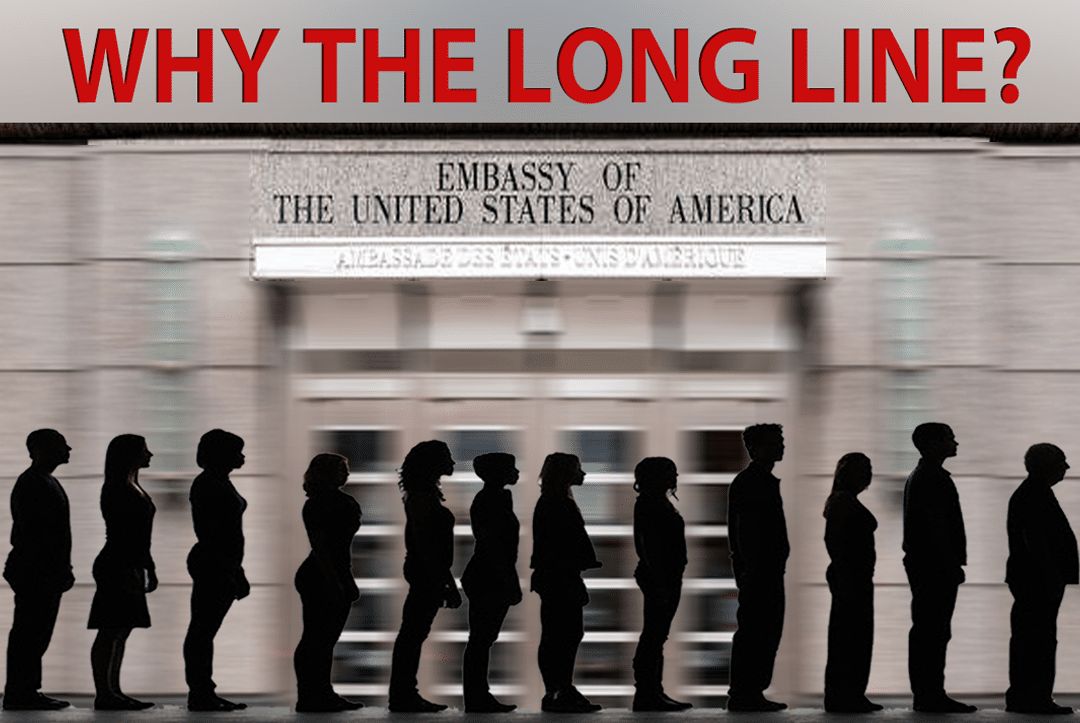If you are working in New Zealand on an Essential Skills Work Visa, take note of the latest changes to the program.
“Your salary defines you.” This statement describes the New Zealand government’s standard on how long a skilled worker can remain with an Essential Skills visa. In the recent past, Immigration New Zealand (or INZ), used a combination of a job’s skill level and salary to assess if someone is low, mid or high skilled. The skill level is based on the Australian and New Zealand Standard Classification of Occupations or ANZSCO.
An important benefit for holders of an Essential Skills Visa is that they may sponsor a family member either as a tourist, student, or on a work visa.
INZ changed the protocol, however, effective 27 July 2020. It is now using the prevailing median wage to determine if a skilled worker can sponsor a family member on any of the visas listed above.
How the new rule will affect you
Are you hoping to be sponsored by a family member with an Essential Skills visa? If so, we recommend that you both check the essential skills pay rate to know if he will be assessed:
- at or above the median wage, or
- below the median wage.
Even if your family member is assessed as receiving below the median wage, he may still be able to sponsor you. Approval for the visa depends, of course, on whether you and your relative meet other eligibility requirements.
As an example, if your relative is paid less than the median wage, he will eligible to support:
- His spouse or partner on a visitor visa only, not a work visa. If you are the spouse, you may apply for your own work visa once you are in New Zealand
- Dependent children on a visitor or student visa as long as he meets the annual minimum income threshold. The cut-off is currently set at $43,322.76.
If your family member is earning the median wage or above, he can sponsor:
- His spouse or partner on a work or visitor visa.
- Dependent children on a student or visitor visa.
Some workers are not part of the new protocol of determining the skill level of an Essential Skills visa holder. One such example are those paid on a piece rate basis. Here, workers are paid a fixed amount for every item produced, regardless of the time it takes to complete the item.
Calculating the Essential Skills pay rate for different scenarios
To be considered above the median income, every hour of work must be paid above the NZ median wage. The benchmark is the current median wage of NZD $25.50 an hour.
- An employer has to pay a different hourly rate for overtime and holidays. If your family member works extra hours, INZ will base its calculations on the lowest hourly rate. Therefore, if his regular hourly wage is $25.50 and $37.50 an hour for any additional hours, INZ will use the $25.50 rate to calculate the skill level.
- If your relative is paid for a range of hours, divide his annual salary by the maximum number of work hours a week. Take into account that there are 52 weeks in a year. So, if he receives $55,000 a year for 45 hours a week, the calculation would be this: ($55,000 ÷ 52) ÷ 45 hours = $23.50 per hour.
- Employees sometimes work a different number of hours per week. If your family member’s situation is like this, INZ will use the lowest hourly rate. Let’s assume that his annual salary is $54,000, but there is a period when he works 64 hours per week for 8 weeks. The formula for his lowest hourly rate is: ($54,000 ÷ 52) ÷ 64 = $16.23 per hour.
- In another scenario, your relative’s annual salary may be based on 40 hours a week PLUS an hourly rate for overtime. In this case, check the hourly rate for the salary first. Secondly, calculate the hourly rate for overtime. Then finally, use the lowest hourly rate to determine the skill level. Let’s assume his annual salary is $55,000, and his overtime hourly pay is $37.50. The formula is: ($55,000÷52)÷40=$26.44 each hour.
Explore the international student pathway to New Zealand permanent residence. Check your student visa options.
Deductions in pay rate
The pay rate includes reasonable, agreed deductions for expenses such as accommodation, goods and services. However, allowances and bonuses are excluded. Allowances include those given by an employer for tools or uniform while bonuses are dependent on performance.
If an employer provides accommodation as part of the employment package, then the cost of accommodation is deducted from salary. Include the accommodation cost when calculating pay rate if:
- The deduction is reasonable and
- Your relative agrees to it in writing.
Two jobs, different wage levels.
There are instances when an Essential Skills Worker visa holder is allowed to hold a second job (secondary employment). In cases like these, INZ will determine the skill level based on the main job’s pay rate.
For example, a worker with two jobs, works 40 hours a week and is paid above the median wage for the first job. He works only 10 hours for his other job and gets paid just above the minimum wage. INZ will take his main job into consideration and classify his employment as being above the median wage.
Length of stay on an Essential Skills Work Visa
However, if you earn below the median wage, the duration of your Essential Skills visa may only be for six months. To date, the maximum combined duration of all work visas for jobs paying below the median wage is three years.
Are you an applicant for an Essential Skills work visa? Before, higher-skilled jobs were granted a five-year visa. With the new classification protocol, the maximum time stay in NZ on multiple visas is 36 months.
If you applied on or before 27 July, 2020, your length of stay in New Zealand will also depend on your classification.
- With a salary at or above the median wage, you can be granted a visa for three years.
- Below the NZ median wage of $25.50 an hour, the duration of your visa may only be six months.
Your options after three years.
After three years (36 months) you have two options.
- Apply for another type of visa, such as an Essential Skills visa for a job that pays above the median wage, or
- Leave New Zealand for 12 consecutive months if your skill classification is below the median wage.
Applying for another Essential Skills Work Visa.
If you are paid above the median wage, there is no limit to the number applications for and to work under an Essential Skills Work Visa.
You must, however, meet the requirement each time a new Essential Skills Work Visa (ESWV) is applied for. This includes the need for employer to make sure there is no New Zealander who could do the job before the job is offered to you.
Stand-down period.
The 12-month period is called the stand-down period. Once you are over it, you may apply for another Essential Skills Work Visa for below median wage work.
The stand-down period applies even if you have a pending Skilled Migrant application with INZ.
Skills Match Reports (SMR) for below median wage jobs
From 27 July 2020, employers recruiting skilled workers overseas to be paid below the median wage will need to get a Skills Match Report (SMR). Previously, employers only needed to get an SMR if the job was at ANZSCO skill level 4 or 5.
Employers hiring someone at or above the median wage will still need to show genuine that attempts to hire New Zealanders were made, including advertising for the role and considering New Zealanders.









